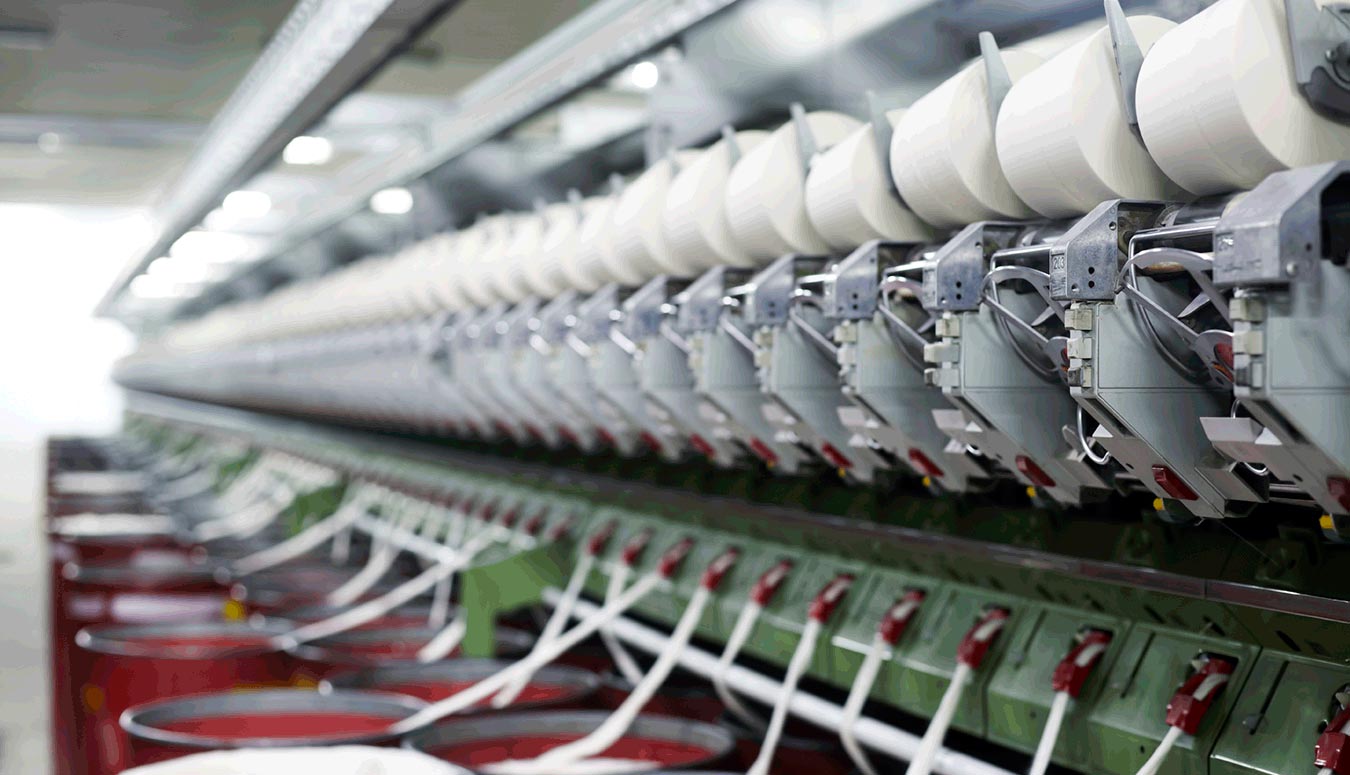Engineering Post Report
New five-year Textile and Apparel Policy 2020-25 , third in a row, is in the offing.
During last couple of months, the policy was revised and finalized by the Textile Division of the Ministry of Commerce, it was duly approved by Prime Minister for onwards submission to the Economic Coordination Committee (ECC) of the Federal Cabinet for in-depth consideration and approval.
The ECC is deliberating the draft policy at some length as it has been on its agenda for more than three subsequent meetings but its approval was still hanging in balance.
The draft policy submitted by the Textile Division has four tiers strategy and 21 recommendations.
Salient features of the new policy, work on which was started by the Textile Division at the heels of expiry of second Textile Policy 2014-19 on the direction of the Prime Minister, gathered from official quarter are given here briefly.
On the whole, the Textile Division has proposed incentives worth Rs 950 billion and export for textile sector at $ 21 billion by 2025.
Textile Division has proposed to provide electricity at cents 7.5/kWh all inclusive. A subsidy of Rs 243 billion has been proposed for the period of 5 years.
The federal government will provide RLNG at US $ 6.5/mmBtu. An amount of Rs 111 billion will be allocated for providing gas to the textile industry at concessionary rate.
It has been proposed to allocate an amount of Rs 420 billion for payment of Drawback of Local Taxes and Levy .
The federal government will provide support to garments and technical textiles at four per cent , 3 per cent to made-ups. This support will be binding on the federal government for the next five years during implementation of the new policy.
Existing Export Finance Scheme and Long Term Financing Facility (LTFF) will not be changed, as agreed in principle. The Long Term Financing Facility will be continued at 5 per cent for investment involving total amount of Rs 75 billion.
The Export Finance Scheme will also be continued during next five years. An allocation of Rs 109 billion has been proposed for this.
The Textile Division will carry out tariff rationalization of the textile and apparel chain in the next six to 12 months following the draft policy approval by the ECC.
It is also proposed to provide Long Term Financing Facility for infrastructure development in apparel/made-ups, enhance project limit of the LTFF as well as enhancement of disbursements by Rs 100 billion per annum, tax credit for investment is also proposed to be restored for investment , establishing new and revitalizing Pakistan Textile City and Karachi Garment City , establishing combined effluent treatment and water recycling plants, developing an international brand and acquisition scheme.
The measures proposed in the policy are estimated to lift the value-added textile exports to $ 14.781 billion by end June 2025 from $ 9.498 billion to be achieved by June 2021. The textile exports will hopefully reach $ 4.146 billion at the end of June 2025 from $ 3.362 billion.
The draft policy measures proposed by the Textile Division has also adequately addressed the issues confronting the textile sector amid COVID-19 resulting in supply chain disruptions, affected global prices of commodities hitting trade adversely and also the issues of the withdrawal of SRO-1125 and cost of doing business.
The draft policy measures in terms of domestic and foreign investment abd development of value-added sectors primarily focusing on small and medium enterprises (SMEs).
Furthermore, the federal government would be offering incentives for international buying offices and also encouraging women employment in the textile and garment sectors, labor laws are also proposed to be reviewed to facilitate women’s entry into the job markets.







